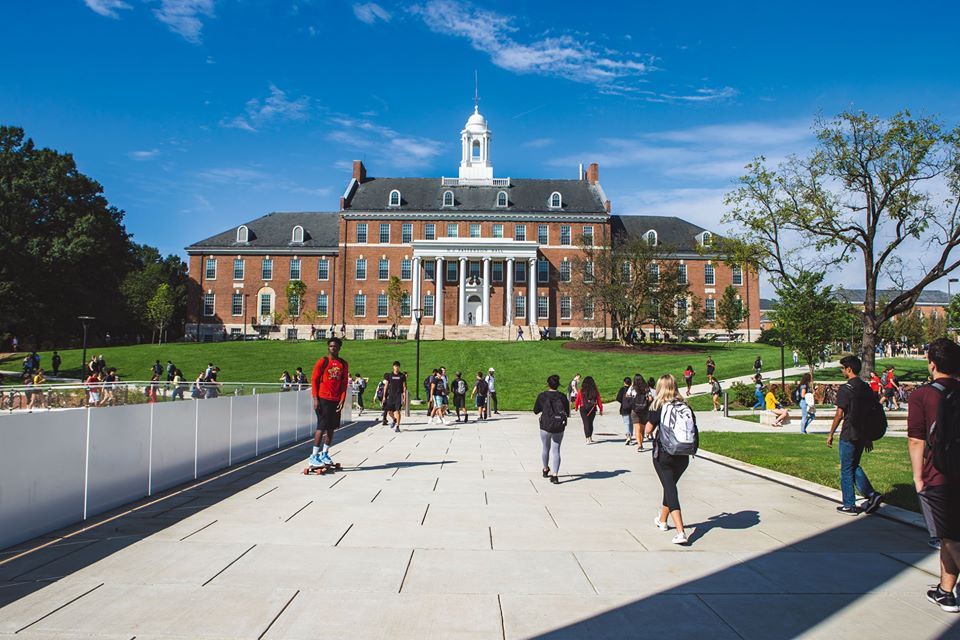[ad_1]
By Mark F. Gray
AFRO Staff Writer
[email protected]
For most college students, the post spring break weeks leading toward the final days of the semester are filled with lofty expectations and big hopes for the future. However, these unprecedented times have led to an unconventional level of uncertainty with those who are on the verge of graduation and in the midst of their matriculation process.
Elizabeth Herbert and Charles Nyonga are upperclassmen at the University of Maryland in College Park. Each was looking for the welcome respite that a week without classes gives to recharge their intellectual batteries while working to replenish their bank accounts. However, each now faces a set of real life variables that give them cause for trepidation heading into the final stretch of their academic year.

Herbert and Nyonga didn’t have any plans for spring break that would have broken social distancing rules. Neither had brasen plans for visiting Florida beaches in deviance of the new world order. Instead, each became peripheral victims of the COVID-19 pandemic locally. Both full time students lost their bartending jobs that make life easier to survive while pursuing their degrees. With Maryland and Virginia closing bars and restaurants to customers for everything other than take out or delivery, the financial hit was more than just a glancing blow.
This is Herbert’s final semester, and if things had fallen into place, she would be preparing for the pomp and circumstance of graduation. Her “awesome opportunity” to intern with the Federal Aviation Administration as a technical writer with an abundance of hands on experience and “a chance to shadow management,” which could lead to a job after commencement, has become a tele-internship.
“It’s pretty sad and disappointing I guess,” Herbert told the AFRO. “I’m still in a shocked stage right now. I’m trying to remain hopeful there will be graduation [ceremony].”
Meanwhile, Nyonga finds himself looking for another revenue stream since his part time job, at least temporarily, ended. He estimates losing $1,200 per month since his job at Chadwick’s casual dining restaurant shutdown when the state of Virginia closed all non-essential businesses through early June. Nyonga was a weekend server who was making enough to augment his lifestyle as a full time student. Like many service industry professionals who’ve been laid off, he is waiting for a stimulus check while preparing to look for another job.
“Emotionally I’m all the over the place right now and I’m just hoping for my stimulus check to come through,” Nyonga said. “It’s not as bad for me as some of the people I work with since I just have to worry about car note, insurance and my phone bill.”
Both Herbert and Nynoga also find themselves adjusting to the way academic instruction has changed as the spring semester renews. All classes at the University of Maryland have gone virtual through Zoom video conferencing, which is both a blessing and a curse. While the instruction continues through teleconferencing the intangibles of social interaction, collaborative education and personal advising have been altered perhaps forever.
“I’m fortunate that I have a major that can be taught online,” said Herbert. “But [social distancing] has made me appreciate just having conversations with my instructors or talking with my friends and how we take it for granted.”
Nyonga was able to find a silver lining through the clouds of uncertainty while he begins the toughest part of his journalism studies,
“The extra week of spring break gave me a chance to figure out how to deal with real life versus school life,” said Nyonga. “It gave me a chance to work on my podcast and practice other [media] skills that helped me keep my sanity.”
[ad_2]
Source link
